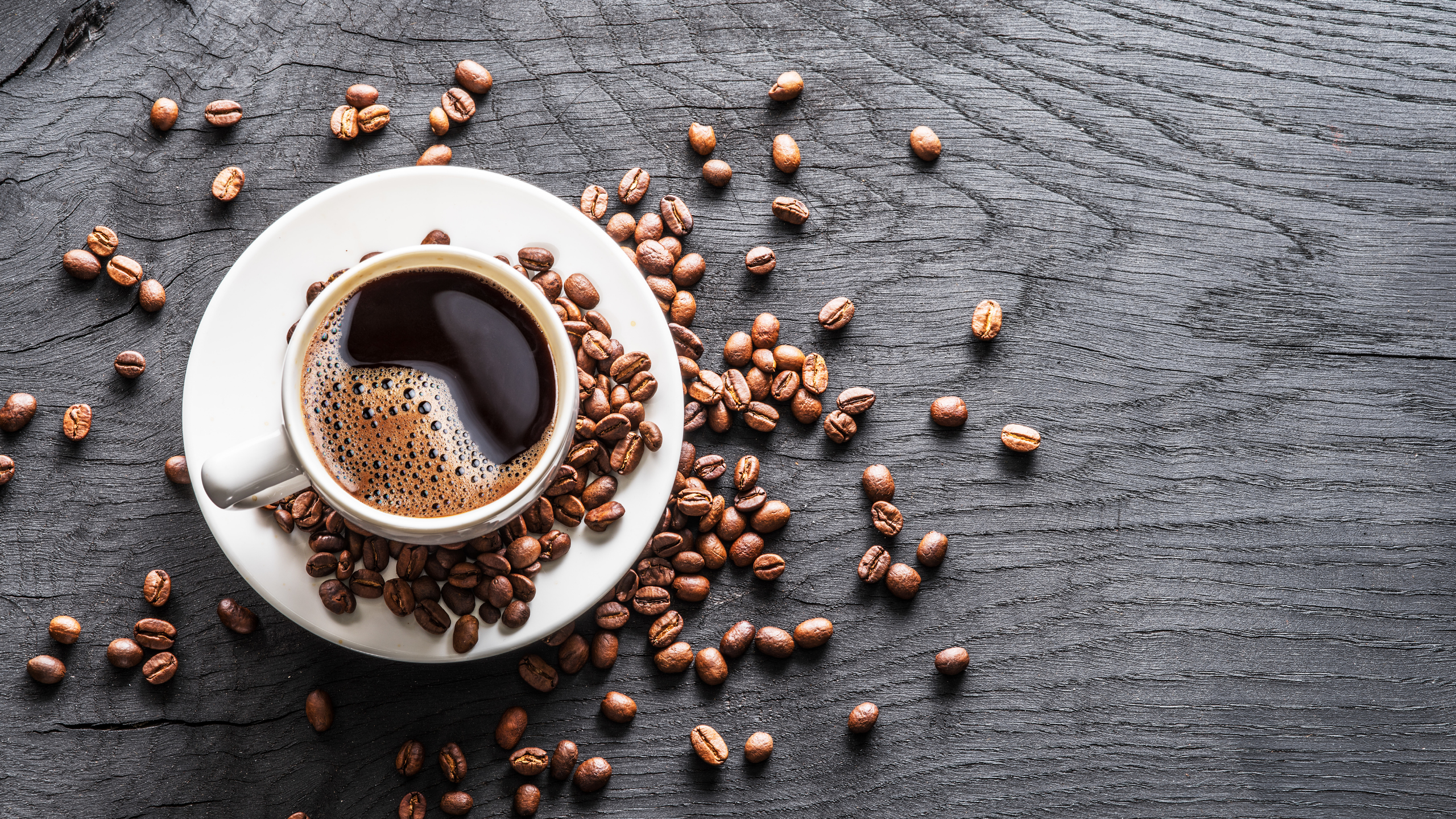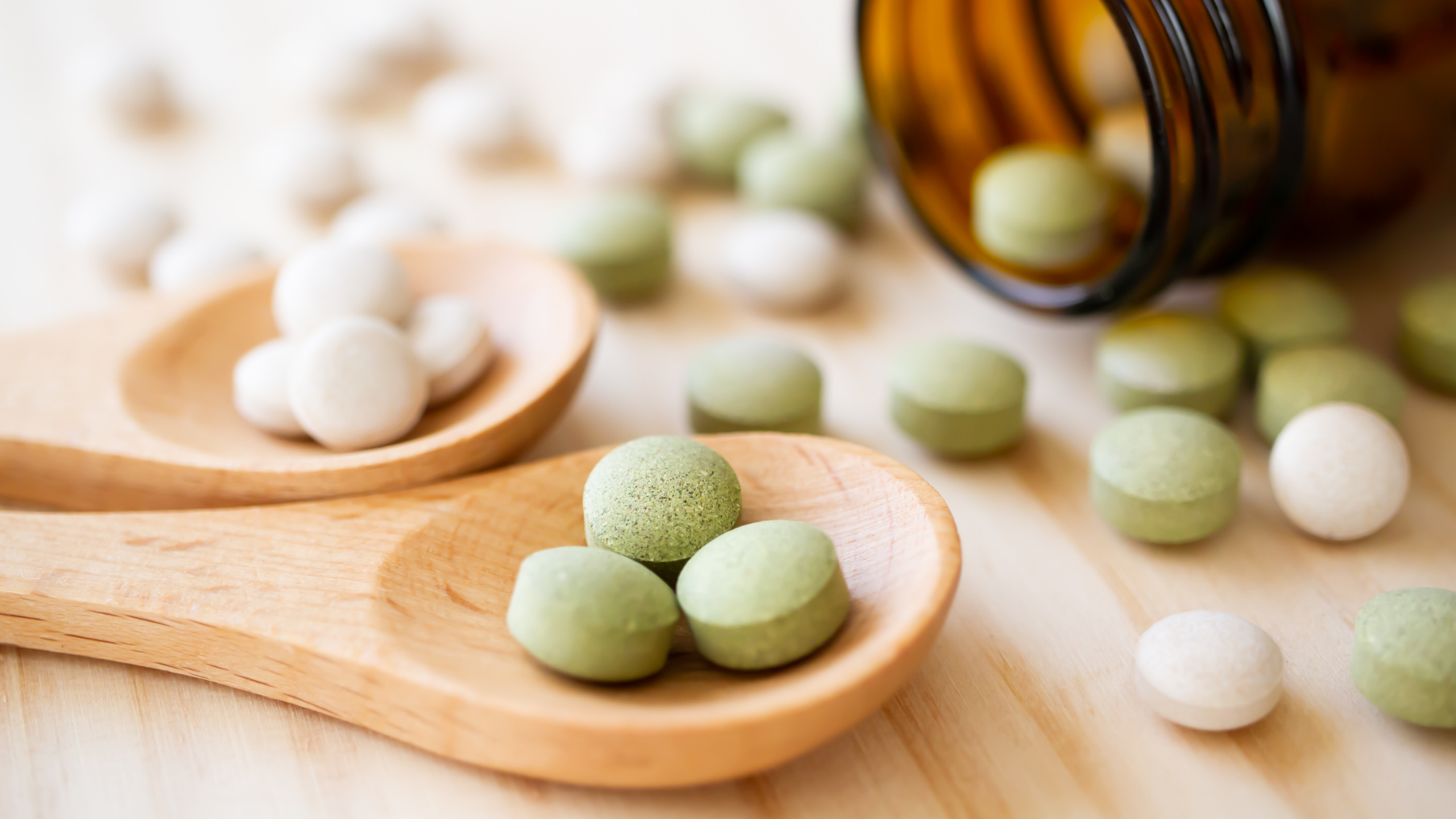Do you often feel fatigued or drowsy throughout the day? You’re not alone– in fact, over one-third of adolescents and adults in the United States report feeling this way [1, 2]. While occasional drowsiness is normal, chronic fatigue can significantly affect your mental and physical health and put a damper on your energy levels.
Fortunately, there are plenty of science-backed actions you can take to reduce fatigue and generate more energy. Before diving into some of these suggestions, let’s understand how fatigue affects your body.

What is fatigue?
Often used as a term to describe tiredness or lack of energy, fatigue is usually a symptom of certain medical conditions or lifestyle choices (such as a poor diet, lack of exercise, and inadequate sleep). However, feeling fatigued isn’t the same as feeling drowsy, as the former often manifests as a lack of motivation and can be associated with burnout and high stress levels. Fatigue generally dissipates after getting more rest, taking vacation days, or eating a better diet.
If your fatigue doesn’t resolve after making lifestyle adjustments, see your healthcare provider to discover the root cause of your fatigue and find a solution.
Physical vs. mental fatigue
Fatigue may manifest in two main forms: physical and mental. If you have physical fatigue, you may experience muscle weaknesses that hinder you from daily physical activities. Conversely, if you’re suffering from mental fatigue, you may find it harder to concentrate, focus, and stay awake at work.
Both forms of fatigue contribute to a lack of energy and may impact health. Depending on your situation, both can also be experienced at the same time.
Causes of low energy
If you’re feeling fatigued and have a lack of energy, here are some factors to consider.
Low testosterone levels.
According to recent data, 40% of men over the age of 45 have low testosterone levels. Since the ability to produce testosterone declines with age, low levels can result in symptoms such as increased body fat, weakness, decreased motivation and insomnia, all of which can contribute to chronic low energy and fatigue [3, 4].

Excess caffeine.
While caffeine increases alertness, you can develop a tolerance to its stimulant effects. As such, to achieve the same caffeinated boost, you need to consume higher levels, which can cause an endless cycle that may lead to a lack of energy, insomnia, and an overall feeling of fatigue [16]. Caffeine may also have mental side effects, too [16].
Overweight or obesity.
Being overweight or obese can lead to or exacerbate your feelings of fatigue, as carrying more weight can lead to joint or muscle pain, diabetes, inflammation, and sleep apnea [5].

Cardiovascular risks.
Emerging evidence shows that 21% of men and 27% of women experience vital exhaustion, which is a term used to describe excessive fatigue and increased irritability [6]. Moreover, recent research found that those who experience vital exhaustion have a 3 fold increased risk of heart attacks compared to non-exhausted individuals [7].
Natural ways to boost energy
If you’re feeling fatigued or stressed, you can boost your energy levels through certain lifestyle choices. Here are some science-backed suggestions for boosting your energy levels.
Be mindful of your diet.
The foods you choose to eat play a large role in fighting fatigue and boosting energy levels. Highly processed foods (such as chips, candy, and soda) may provide a short burst of energy thanks to an initial blood sugar spike, but you will experience a crash shortly afterwards that results in fatigue. Conversely, a high-fiber diet rich in fruits, vegetables and whole grains, and lean protein will help to keep your blood sugar stable and provide long-lasting energy to carry you throughout the day [8]. Additionally, a well-balanced and nutritious diet has cardioprotective benefits and helps to maintain a healthy weight, whereas processed foods have been associated with an increased risk of chronic disease and weight gain [9].

Take certain supplements.
While you can get many nutrients from a healthful, well-balanced diet, you may not get all of them on a regular basis. Here are some of the best research-backed supplements to increase energy.
Ashwagandha. Ashwagandha is an evergreen shrub grown in Africa and Asia, and is traditionally used as an adaptogen to reduce stress and anxiety and increase energy levels [10]. Studies have found that those who use a high concentration of ashwagandha experienced a 28% decrease in cortisol (a stress hormone) [11]. Moreover, evidence has shown that ashwagandha supplementation can improve overall sleep quality in healthy individuals [15].
Coenzyme Q10. While your body naturally produces Coenzyme Q10 (CoQ10), research suggests that supplementation can be used to restore energy levels, reduce oxidative damage and improve heart function [12].
Vitamin D. Excessive fatigue and tiredness are signs of vitamin D deficiency, so supplementation may help improve energy levels. Learn more about how to optimize your vitamin D levels here.
Vitamin B12. Vitamin B12 plays a role in energy production, so if you’re deficient, you may experience constant fatigue. Moreover, those who follow a vegetarian or vegan diet are at a higher risk of Vitamin B12 deficiency, since it’s only found in animal products or fortified foods [13].
Magnesium. Magnesium is one of the most abundant minerals in the body and is involved with muscle and nerve function, blood glucose control, and energy production. Studies have found that magnesium supplementation can help with sleep duration and quality, thus boosting energy and reducing fatigue [14].
Trouble remembering to take your supplements? These top foolproof tips and tricks can help.
Move your body.
Regular exercise can increase endorphin levels and make you feel more energized. Moreover, it sharpens your focus, helps maintain weight, boosts testosterone levels, and improves mental health, all of which help to reduce fatigue. For overall health benefits, it’s recommended to participate in 30 minutes of moderate-intensity activity at least five days/week [17].

Drink more water.
Your hydration status directly impacts your body functions, as studies show that mild dehydration can impair energy levels, cause fatigue, and lead to major reductions in memory and brain performance [18]. Moreover, new research suggests that drinking 8 glasses of water/day could reduce the risk of heart failure, which can be a symptom of vital exhaustion [19].
Improve sleep quality.
Not getting enough quality sleep can have many negative health effects, including unwanted weight gain, extreme fatigue, and low testosterone levels [20]. Since sleep is intimately connected to immunity, memory, energy levels, and numerous hormonal and metabolic processes, it’s important to prioritize quality sleep each night. Check out these top suggestions for improving sleep hygiene here.
If you struggle to fall (or stay) asleep, here are some natural supplement options that might help.
Manage stress levels.
Between work responsibilities, family life, and day-to-day stressors, it’s easy to feel tired and overwhelmed. These feelings can lead to a lack of necessary sleep and even increased cravings, both of which can contribute to weight gain and decreased energy levels. To manage stress and feel more energized, you can try meditating, journaling, going to a yoga class, or getting some fresh air.

Limit alcohol.
While the occasional drink isn’t a cause for concern, the cumulative effects of drinking alcohol can take a toll on your health over time. From cancer to diabetes and heart disease, there are many negative side effects that come from drinking too much alcohol. Moreover, alcohol can negatively affect energy levels by reducing sleep quality, lowering testosterone levels, increasing drowsiness, and impacting weight gain. If you choose to drink, it’s recommended to consume no more than 2 drinks/day for men or 1 drink/day for women [21].
Summary
Fatigue is something we all experience, but feeling fatigued all the time can negatively affect your mental and physical health. It can also result in low energy levels and hinder your concentration, focus, and ability to stay awake throughout the day. You can combat fatigue and become more energized through positive lifestyle changes, such as mindful eating, supplementation, physical activity, and hydration.
Disclaimer: The text, images, videos, and other media on this page are provided for informational purposes only and are not intended to treat, diagnose, or replace personalized medical care.


Share:
How does refined sugar impact health? Here’s what science has to say.
Cellular aging and longevity - here’s what you need to know